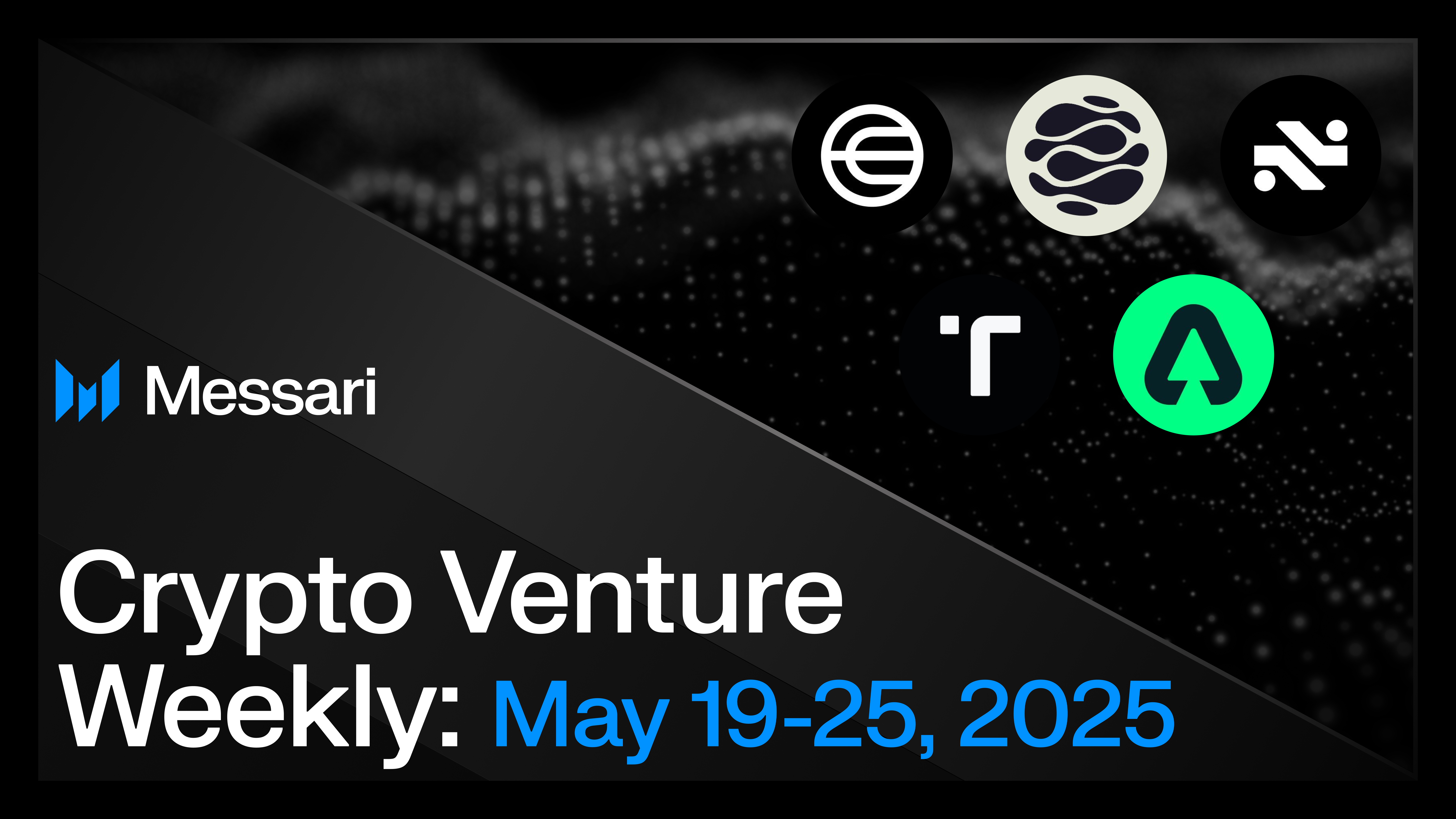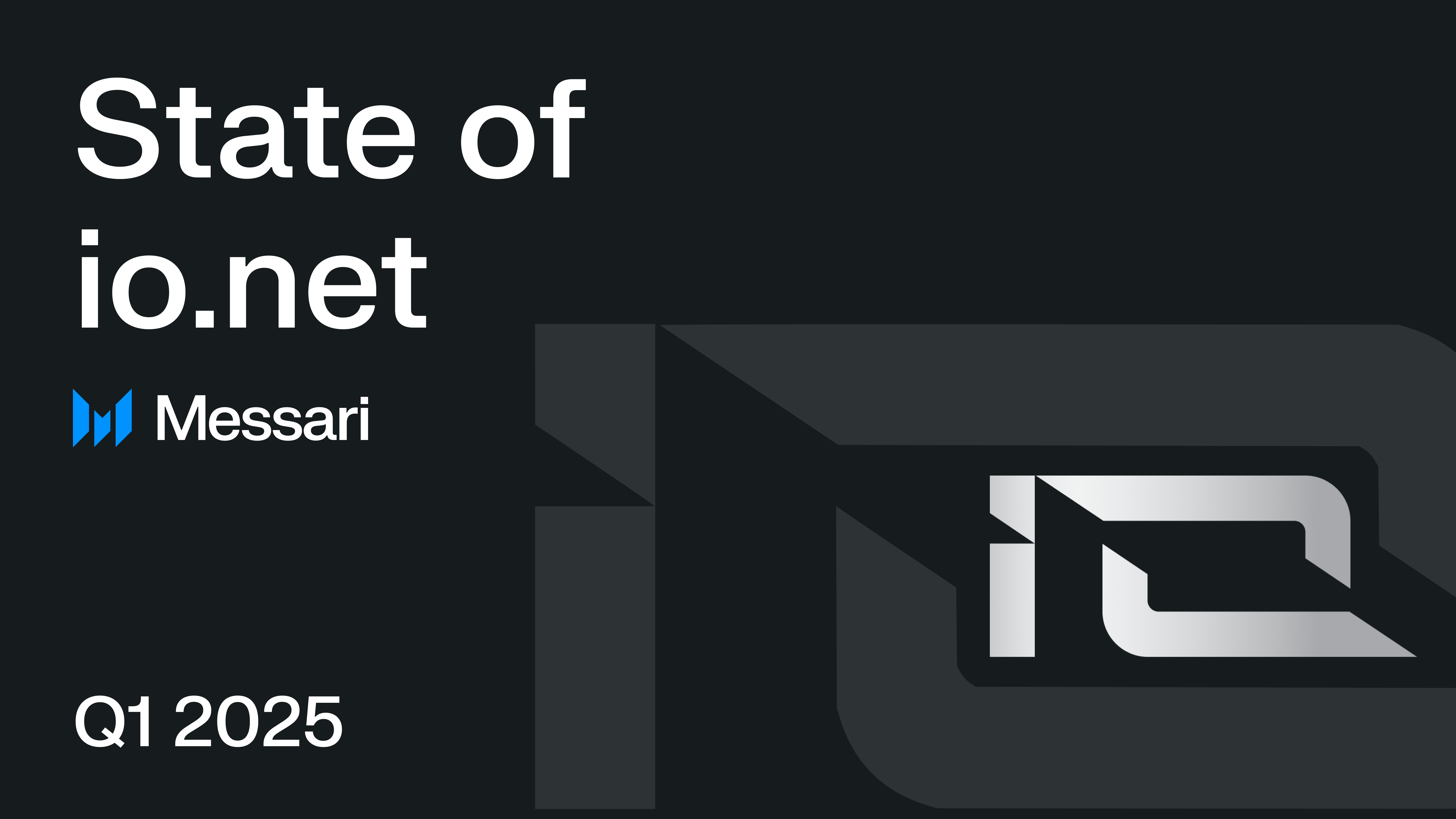Decentralized Projects Offer Airdrops for Real-World Solutions

Decentralized Physical Infrastructure Network (DePin) projects are gaining attention for their innovative solutions to real-world issues. Three notable DePin projects are set to offer airdrops, presenting opportunities for blockchain enthusiasts and investors. Grass, a decentralized web scraping network, is converting public web data into AI datasets and has recently initiated an update asking users to connect their Solana wallets, indicating an imminent airdrop. Grass has secured approximately $4.5 million in funding from investors like Polychain Capital and Tribe Capital. The U2U Network, a layer-1 blockchain for DePin, is also conducting an airdrop campaign, encouraging users to complete on-chain tasks for NFT rewards. With $10 million raised from three funding rounds, U2U Network is leveraging NFTs and loyalty points to enhance user engagement. Lastly, Chirp, a DePin telecommunications network for IoT and voice communication, is launching the Chirp Tracker App Campaign as part of its airdrop strategy to increase user participation and network growth. These airdrops are integral to the projects’ roadmaps for broader token distribution and heightened user engagement.
Related News





